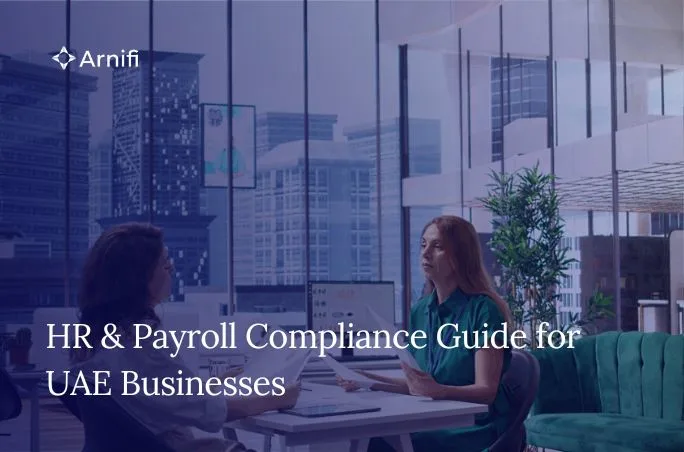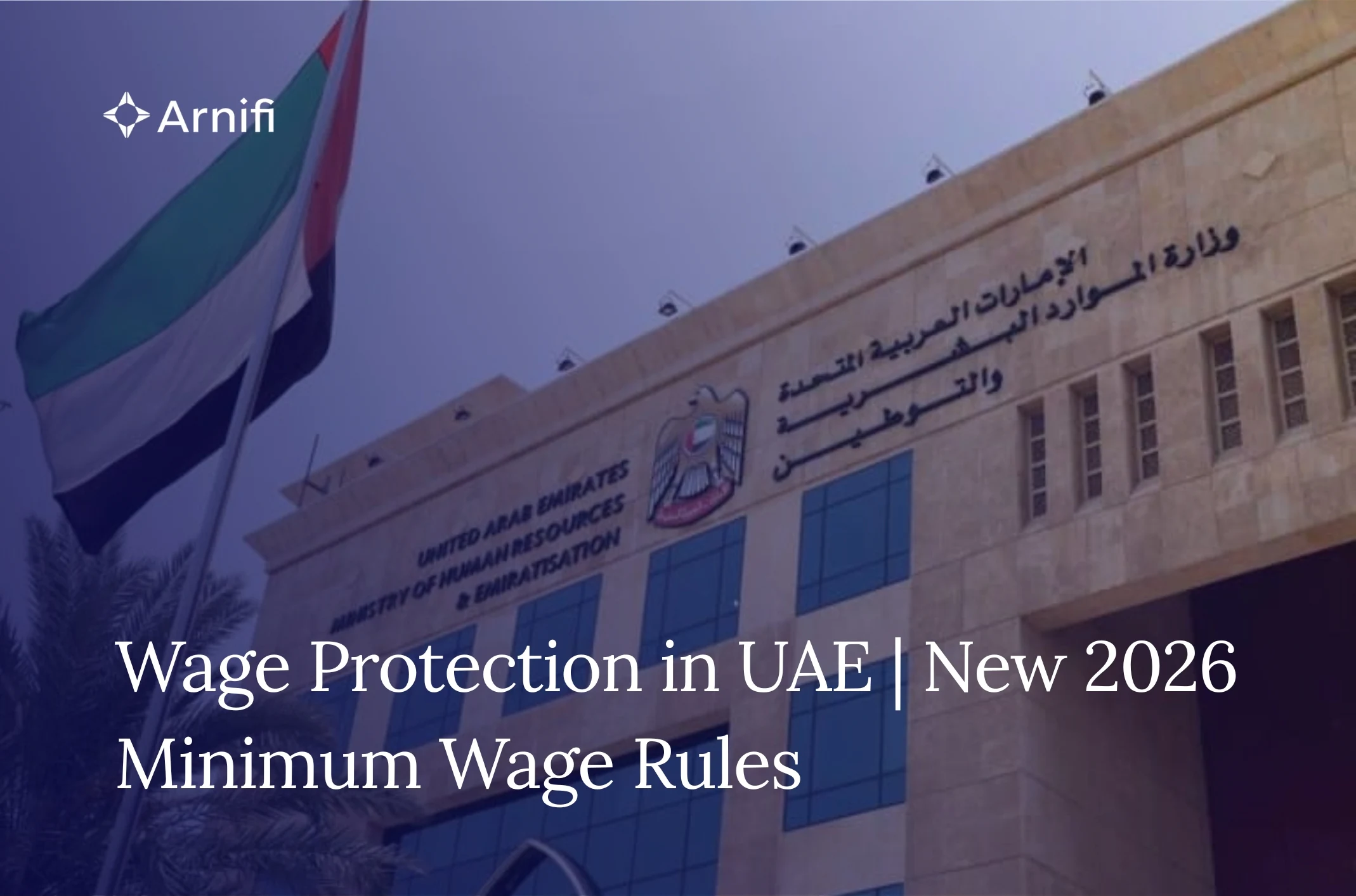Blue Vs White Collar Jobs Recruitment in UAE | Hiring Policies
by Shethana May 15, 2025  9 MIN READ
9 MIN READ

In Dubai, around 90% of the population are expats, living and working in companies from different sectors. Regarding hiring in the UAE, most employers prefer employees to work in the office. Therefore, the employees need to be in Dubai, making finding talent even more challenging.
There is no specific approach when the topic shifts to hiring in the UAE. The one looking for an accountant will not be similar to recruiting warehouse staff or a technician. The approach should be professional and budget-oriented.
This article provides detailed information about blue vs. white-collar jobs, hiring policies, challenges, and more.
Table of contents
What Do We Mean by Blue vs White Collar Jobs?
Employers in the UAE usually employ blue-collar workers for construction, logistics, manufacturing, and maintenance jobs. These workers typically come from countries such as India, Pakistan, Nepal, and Bangladesh, where they perform jobs requiring vocational skills or manual labour.
White-collar types would be sitting in an office and a boardroom, from junior analysts to CFOS. They handle finance, tech, law, marketing, and admin tasks. The white collar crew comprises people from GCC, South Asia, Europe, and North America.
That distinction stretches far beyond just the actual job. It extends to every part of the process, from where candidates are sourced to how they are interviewed and onboarded.
Blue Collar Hiring – Built on Speed and Scale
In the UAE, blue-collar workers are hired for construction, logistics, manufacturing, and maintenance jobs. These workers mostly come from countries like India, Pakistan, Nepal, and Bangladesh, where they are deemed to have primarily vocational or manual-worker level jobs.
The white-collar class works in offices and boardrooms, from junior analysts to C-level executives, dealing with finance, tech, law, marketing, administration, etc. The white-collar crew comprises candidates from GCC and South Asia, as well as Europe and North America.
Such a difference goes very deep beyond the actual job. It applies to everything, from casting for candidates to interviewing and onboarding them.
Why Not Just Hire Locally?
For many of these roles, the UAE doesn’t have enough candidates available or willing locally. Most of the labour supply for blue-collar roles still comes from outside the country, and employers have built strong networks to tap into this talent pool.
Manpower Agencies Make It Easier
Many companies work with workforce providers like Transguard or Dulsco to avoid the headache of direct hiring. These agencies handle recruitment, visas, accommodation, and payroll. It’s a plug-and-play model that suits companies with tight timelines or shifting project needs.
Worker Welfare and Legal Steps
Before entering the UAE, candidates undergo medical checks, visa stamping, and orientation. Once they arrive, they’re often housed in labour camps and bussed to worksites. Employers are legally responsible for their safety, accommodation, and medical insurance, which MOHRE regulates.
To help with global business expansion
make sure you choose us.
Get in touch with our team to find out about our approach
Response within 24 Hours
Great, please give us a brief detail about your business.
White Collar Hiring – More Selective Process
Hiring white collar staff is less about volume and finding the right fit. Cultural compatibility, communication skills, and long-term potential matter as much as qualifications.
Online Portals and Headhunting
Companies widely use job sites like LinkedIn, Bayt, and GulfTalent to source applicants. However, they often rely on recruitment firms to fill mid-to-senior roles. These firms do the legwork — they find candidates, screen them, and pass on a shortlist.
For example, A logistics tech company in JLT needed a UAE-based Head of Operations. Instead of posting the job publicly, they hired a recruiter who contacted professionals from similar startups. The result? They hired someone who had already scaled operations in KSA and the UAE — no job ad ever went live.
What Matters in Interviews?
For most white collar roles, interviews go beyond skills. Employers look for soft traits like leadership, adaptability, and cultural awareness. These skills are especially true in multinationals or fast-moving startups, where a bad hire can cost time and morale.
The Emiratisation Factor
Private companies with over 50 employees now face quotas to hire Emiratis. As a result, HR teams are investing in career fairs, university partnerships, and graduate programs to bring in local talent. It’s becoming a more significant part of the conversation, especially in finance, HR, and admin roles.
To help with global business expansion
make sure you choose us.
Get in touch with our team to find out about our approach
Response within 24 Hours
Great, please give us a brief detail about your business.
Real-World Hiring Challenges
Both ends of the job spectrum come with their own set of complications.
Blue Collar:
- Churn: Some employers report high turnover among junior staff. Workers switch companies for better pay or living conditions.
- Policy Shifts: Labour law updates, like the shift to standard employment contracts, have forced companies to update internal systems.
- Seasonal Demand: Construction firms, particularly, see demand spike in winter and dip in summer, making workforce planning tricky.
White Collar:
- Shortage of Niche Skills: Fields like data science, fintech, and sustainability often have more job openings than qualified candidates.
- Visa Complexities: Differences between mainland and free zone visa setups can slow hiring.
- Candidate Expectations: Professionals now expect hybrid work, relocation support, and apparent career growth, significantly after COVID-19 changed global work culture.
Tech’s Growing Role in Hiring
While face-to-face interviews are still standard, tech plays a more significant role.
- ATS systems: Companies use applicant tracking systems to filter and score resumes.
- Video interviews have become standard in early-stage hiring and are especially helpful for international candidates.
- Digital onboarding: From contract signing to training modules, much of the white collar onboarding is now online.
Blue-collar hiring is still more hands-on, but some large workforce agencies have started using mobile apps to track applications and send updates to candidates.
Looking Ahead – What’s Changing?
According to a recent report by Arabian Business, blue-collar and entry-level hiring is rising, thanks to the construction, hospitality, and logistics boom. At the same time, some white collar sectors are experiencing a slowdown, particularly in traditional banking and real estate roles.
On the other hand, demand for highly skilled professionals — especially in AI, climate tech, and digital services — continues to grow. Evolving government policies pressure employers to hire faster, reduce costs, and stay compliant.
Key Takeaways
The difference between blue vs white collar jobs in the UAE isn’t just about workwear or desk setups. It defines how employers search, vet, and bring in talent.
Companies across the UAE are hiring with purpose, from airport tarmacs to skyscraper boardrooms. Whether it’s 300 electricians from Kerala or a data analyst from Cairo, each decision plays a part in building the country’s future.
For employers, understanding these hiring differences isn’t just a matter of HR policy — it’s a competitive edge.
To help with global business expansion
make sure you choose us.
Get in touch with our team to find out about our approach
Response within 24 Hours
Great, please give us a brief detail about your business.
Check What Arnifi’s HR Solutions Offer
Arnifi HR solutions ease the hiring process in the UAE as everything fully complies with labour laws, visas, WPS, and insurance, thereby eliminating legal risks. No local entity setup is required, which means some time and cost savings. Quick and efficient onboarding means your team can begin work within a matter of days.
From basic to premium, our flexible plans cater to the needs and budgets of different businesses. And with the fully transparent pricing, you’ll never have to worry about hidden fees. For hassle-free, compliant, efficient, and affordable hiring in the UAE, look no further than Arnifi HR. For better understanding, Get a free consultation now!
Top UAE Packages

Related Articles
Top UAE Packages



